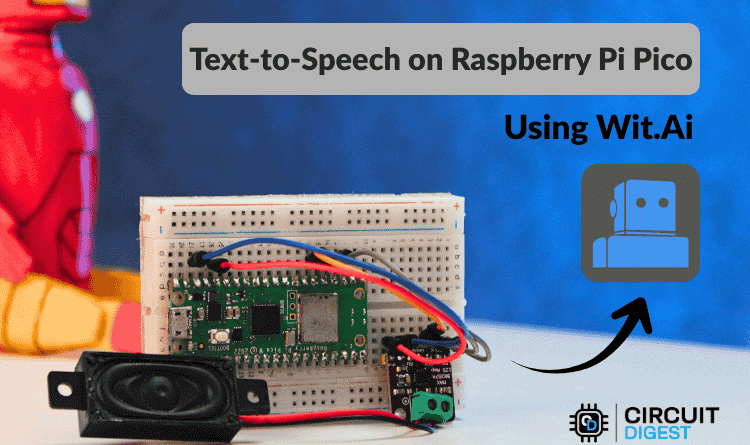
Hugging Face has launched a new open-source tool designed to simplify and democratize the evaluation of artificial intelligence models. This initiative aims to enhance accessibility and transparency in AI development, offering users a platform to assess models based on their specific needs and criteria without incurring costs.
The newly unveiled tool, named “EvaluateAI,” provides a comprehensive suite of functionalities that enables users to benchmark AI models against a variety of performance metrics. This includes accuracy, speed, robustness, and other relevant parameters. The tool is engineered to support a wide range of AI models, including those used for natural language processing, computer vision, and more.
EvaluateAI is built on the principles of openness and collaboration, key tenets of Hugging Face’s broader mission. The platform allows developers, researchers, and organizations to utilize an extensive library of pre-built evaluation metrics and create custom metrics tailored to their unique requirements. By providing detailed insights into model performance, the tool aims to foster a more informed and iterative approach to AI development.
One of the standout features of EvaluateAI is its user-friendly interface. The platform is designed to be accessible even to those with limited technical expertise, ensuring that a broader audience can engage in model evaluation and improvement. This ease of use is complemented by robust documentation and community support, which includes tutorials and best practices for effective model assessment.
Hugging Face’s decision to make EvaluateAI open-source aligns with the company’s commitment to promoting transparency and collaboration within the AI community. By offering this tool for free, Hugging Face is lowering the barriers to entry for AI evaluation, enabling more researchers and practitioners to contribute to the advancement of AI technologies. This move also supports the broader goal of ensuring that AI models are developed and used ethically and effectively.
The tool’s open-source nature allows for continuous improvement and adaptation by the community. Users can contribute to the development of EvaluateAI by adding new features, fixing bugs, and refining existing functionalities. This collaborative approach is expected to drive innovation and enhance the tool’s capabilities over time.
EvaluateAI integrates seamlessly with popular machine learning frameworks and platforms, including TensorFlow, PyTorch, and Hugging Face’s own Transformers library. This interoperability ensures that users can easily incorporate the evaluation tool into their existing workflows and leverage it alongside other AI tools and resources.
In addition to its core evaluation functionalities, the tool offers visualization options that enable users to generate detailed performance reports. These reports can be used to identify strengths and weaknesses in AI models, guiding improvements and facilitating more informed decision-making.
The launch of EvaluateAI comes at a time when the demand for effective AI model evaluation tools is increasing. As AI technologies become more advanced and widespread, the need for reliable methods to assess their performance and ensure their reliability is more critical than ever. Hugging Face’s new tool addresses this need by providing a comprehensive and accessible solution for model evaluation.
Experts in the field have praised the launch of EvaluateAI for its potential to advance the state of AI development. By making sophisticated evaluation tools available to a wider audience, Hugging Face is contributing to the growth of a more robust and equitable AI ecosystem.
As AI continues to evolve, tools like EvaluateAI will play a crucial role in ensuring that models are not only powerful but also fair, reliable, and aligned with ethical standards. Hugging Face’s initiative reflects a growing recognition of the importance of transparency and accountability in AI development.
The introduction of EvaluateAI is expected to have significant implications for various sectors, including technology, healthcare, finance, and more. By enabling more thorough and accessible evaluation of AI models, the tool has the potential to drive advancements in these fields and support the responsible deployment of AI technologies.








